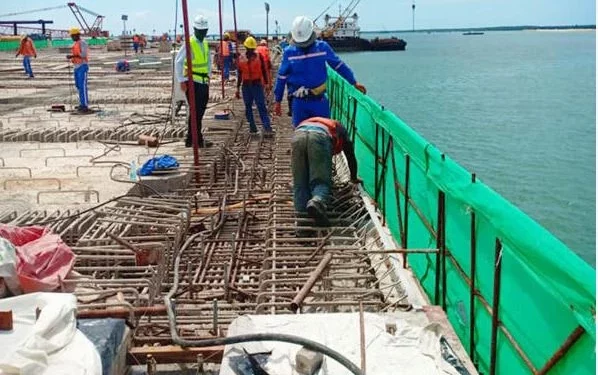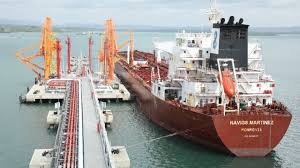Kenya and Ethiopia have committed to collaborating on enhancing security measures, revising tariffs, and expediting the construction of infrastructure projects to facilitate the smooth transportation of cargo from Lamu to Ethiopia.
The two governments discussed Nairobi’s assurance to Addis Ababa regarding the operational readiness of the Port of Lamu, including the provision of essential facilities such as a superstructure, cargo yard, operational equipment, port workshop, warehouses, office space, and accommodation facilities.
As Ethiopia prepares to commence utilizing the port next month, the Kenya Ports Authority (KPA) will revise port tariffs. These tariffs are among the requirements stipulated by Addis Ababa, following Kenya’s assurance of security along the Lamu Port, South Sudan Ethiopia Transport (Lapsset) corridor.
The LAPSSET Corridor Program is Eastern Africa’s largest and most ambitious infrastructure project bringing together Kenya, Ethiopia and South Sudan.
The two nations further agreed to collaborate on diplomatic and other strategies to enable Ethiopia’s utilization of the Port of Lamu for importing fertilizer. This move aims to establish the corridor as a crucial trade hub for the region.
Lapsset Corridor Development Authority (LCDA) Chairman Ali Mbogo and chief executive Stephen Ikua assured traders of their security and free flow of cargo.
“The Lapsset management has made a request to Kenyan government to consolidate the budget of all Lapsset components with a view to fast-tracking implementation of the missing links and therein improve the prospects of the Lapsset corridor as the preferred route for transport and transit cargo destined to and from Ethiopia and South Sudan,” said Mr Mbogo.
“We have met with all security agents along the corridor from Lamu to the Moyale One-Stop Border Post, where we have set measures to secure cargo, vehicles and implementers of different pending projects.”
Kenya and Ethiopia have constituted a joint technical committee to address key issues derailing the commercialisation of the Lapsset corridor. The two countries have committed to a collective action to enable the use of the Port of Lamu as the entry point for the importation of cargo destined for Ethiopia.


















